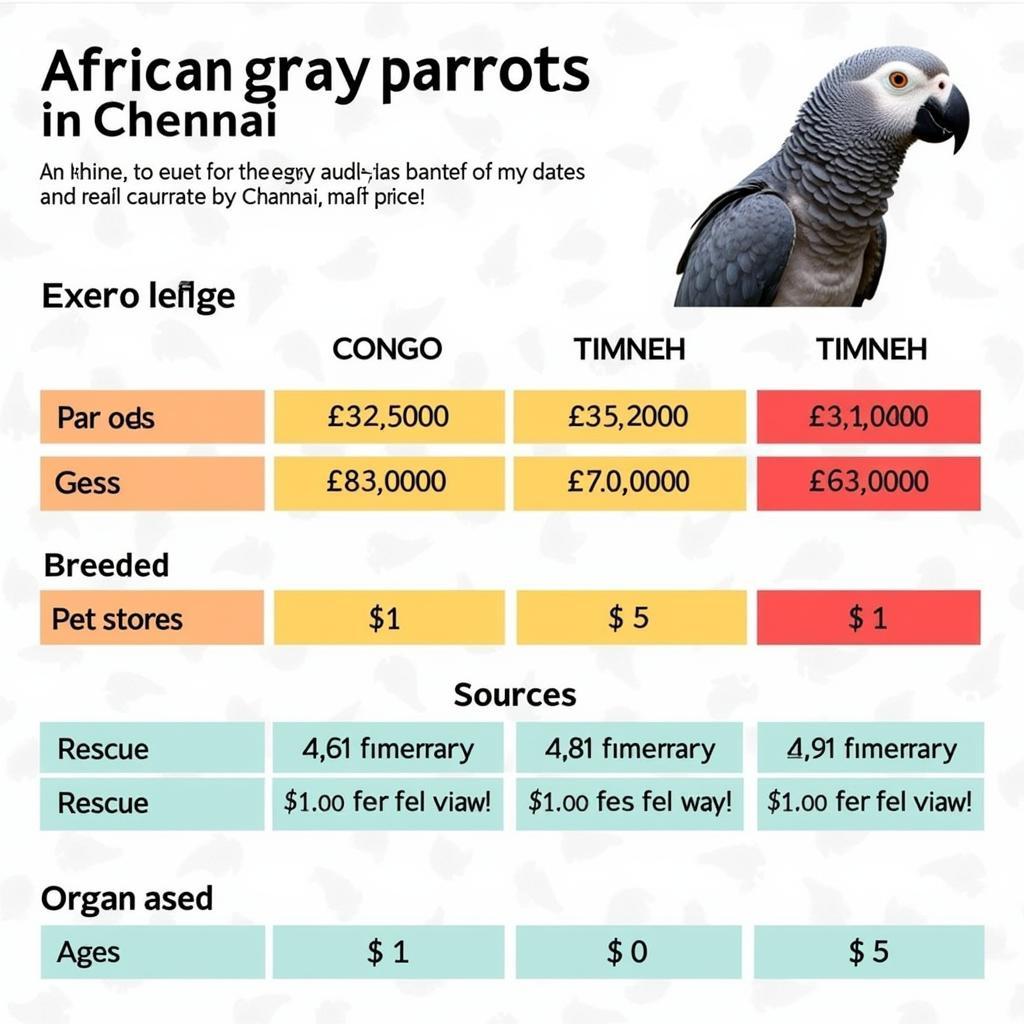Exploring the Diverse World of African Coffee Types
From the rich volcanic soils of Ethiopia to the sun-drenched slopes of Kenya, Africa is home to a diverse range of coffee types that tantalize the taste buds of coffee lovers worldwide. African coffee beans are renowned for their complex flavor profiles, ranging from bright acidity and fruity notes to earthy undertones and chocolatey richness. This article delves into the captivating world of African Coffee Types, exploring their origins, characteristics, and the unique qualities that make them so sought after.
Coffee plays a vital role in many African economies and is deeply ingrained in the social and cultural fabric of numerous communities. From traditional coffee ceremonies to bustling urban cafes, the aromatic beverage is an integral part of daily life for millions across the continent. One popular treat often enjoyed with coffee in some regions is the African American tea cake. Understanding the diverse landscape of African coffee types allows us to appreciate the rich heritage and the distinct characteristics that each region contributes to the global coffee scene. Even browsing through African landscape wallpaper, one can glimpse the lush terrain where many of these coffee beans are grown. You may even find some of these coffees at your local African and eastern shop.
For those interested in exploring the health benefits of other African beverages, you might find the article on African green tea benefits insightful.
Unveiling the Origins of African Coffee
Ethiopia, often hailed as the birthplace of coffee, boasts a long and storied history with the beloved beverage. Legend has it that a goat herder named Kaldi discovered the energizing effects of coffee beans after observing his goats frolicking with unusual vigor after consuming the bright red berries. From this humble beginning, coffee cultivation spread throughout the African continent, giving rise to a multitude of distinct coffee types, each shaped by the unique terroir of its region.
Ethiopian Coffee: A Legacy of Flavor
Ethiopian coffee is prized for its diverse flavor profiles, ranging from bright citrus acidity and floral aromas to rich chocolatey notes and wine-like complexity. Yirgacheffe, Sidamo, and Harrar are among the most celebrated Ethiopian coffee types, each offering a unique sensory experience.
Kenyan Coffee: A Bright and Fruity Delight
Kenyan coffee is renowned for its bright acidity, intense fruity flavors, and full body. Peaberry, a unique type of coffee bean that develops as a single bean within the cherry, is highly prized in Kenya for its concentrated flavor and exceptional quality. The high altitudes and volcanic soils of Kenya contribute to the distinct character of its coffee.
Tanzanian Coffee: Earthy and Aromatic
Tanzanian coffee, primarily grown on the slopes of Mount Kilimanjaro and Mount Meru, offers a distinctive flavor profile characterized by its medium acidity, full body, and earthy notes. The rich volcanic soil and favorable climate contribute to the complex and nuanced flavors of Tanzanian coffee.
Exploring Other Notable African Coffee Types
Beyond the prominent coffee-producing nations of Ethiopia, Kenya, and Tanzania, other African countries contribute to the continent’s rich coffee tapestry. Burundi, Rwanda, and Uganda all produce high-quality coffee beans with distinct characteristics that reflect their unique terroir. Burundi coffee, for example, is known for its bright acidity and sweet citrus notes, while Rwandan coffee often exhibits floral aromas and a delicate sweetness.
Frequently Asked Questions about African Coffee Types
What are the most popular African coffee types? Some of the most popular African coffee types include Ethiopian Yirgacheffe, Kenyan Peaberry, and Tanzanian Peaberry.
What gives African coffee its unique flavor? The unique flavor of African coffee is influenced by various factors, including altitude, soil composition, climate, and processing methods.
How is African coffee traditionally prepared? Traditional African coffee preparation often involves roasting the beans over an open fire, grinding them by hand, and brewing the coffee in a clay pot called a jebena.
Where can I buy authentic African coffee? Authentic African coffee can be found at specialty coffee shops, online retailers, and sometimes even in local African and eastern shops. Those looking for something a little stronger may also appreciate an African cream liqueur.
What are the health benefits of African coffee? Like other coffees, African coffee can offer potential health benefits, including antioxidant properties and increased alertness.
What is the best way to store African coffee beans? Store African coffee beans in an airtight container in a cool, dark, and dry place to maintain their freshness.
How can I learn more about African coffee culture? You can delve deeper into African coffee culture by reading books, articles, and online resources, as well as by visiting local African communities and experiencing their coffee traditions firsthand.
Conclusion
African coffee types offer a captivating journey through a world of diverse flavors and aromas. From the bright acidity and fruity notes of Kenyan coffee to the earthy and chocolatey richness of Ethiopian coffee, there is an African coffee to suit every palate. By exploring the rich heritage and unique characteristics of these coffee types, we gain a deeper appreciation for the artistry and craftsmanship that goes into each cup. Remember to explore our article on African green tea benefits for more information on other African beverages. For any assistance, feel free to contact us via phone at +255768904061, email us at [email protected], or visit us at Mbarali DC Mawindi, Kangaga, Tanzania. We have a 24/7 customer service team ready to assist you.
